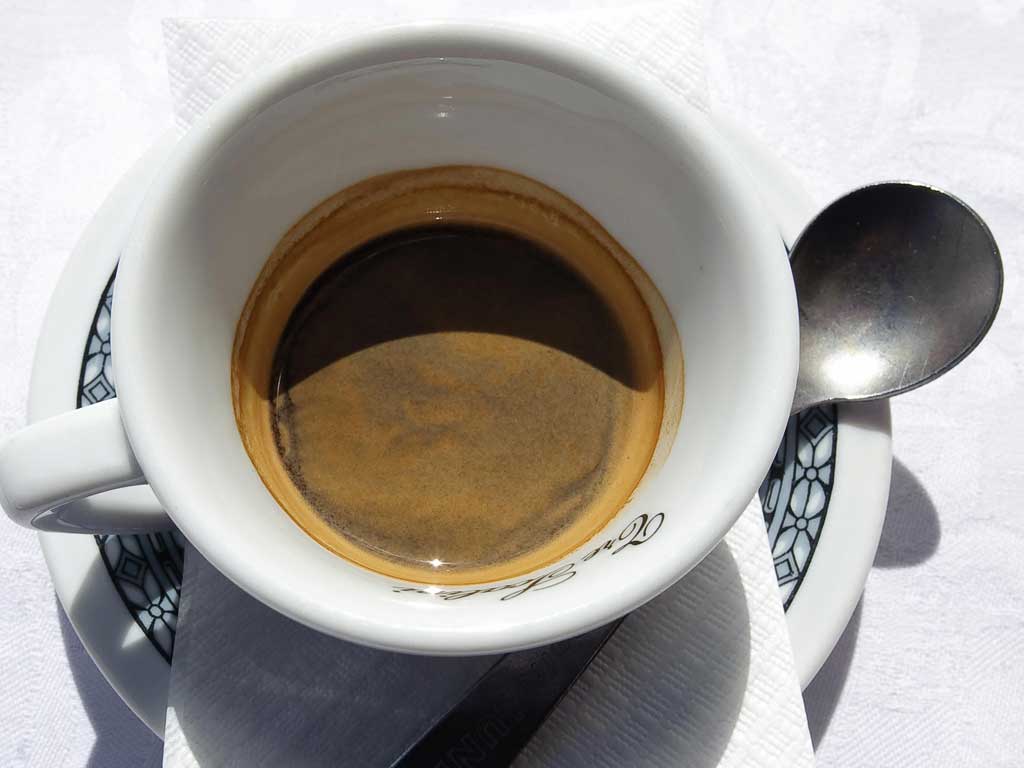
Your support helps us to tell the story
From reproductive rights to climate change to Big Tech, The Independent is on the ground when the story is developing. Whether it's investigating the financials of Elon Musk's pro-Trump PAC or producing our latest documentary, 'The A Word', which shines a light on the American women fighting for reproductive rights, we know how important it is to parse out the facts from the messaging.
At such a critical moment in US history, we need reporters on the ground. Your donation allows us to keep sending journalists to speak to both sides of the story.
The Independent is trusted by Americans across the entire political spectrum. And unlike many other quality news outlets, we choose not to lock Americans out of our reporting and analysis with paywalls. We believe quality journalism should be available to everyone, paid for by those who can afford it.
Your support makes all the difference.Coffee drinkers are woefully ignorant of the dangers lurking in their cup, a new report warns. Consumers should be provided with information about the caffeine content of their takeaway latte or espresso since most are unaware of how it varies in strength from shop to bar or from cup to mug.
Pregnant women, as well as people with health problems, need to limit their caffeine intake. Evidence suggests there is a risk of poor foetal growth and miscarriage linked to caffeine consumption of more 300mg a day.
"For some, coffee is a problematic commodity because it is sold without information about caffeine, or a warning if it contains a lot," said Professor Mike Lean, head of human nutrition at Glasgow University, who wrote the report. "At present, there is almost no information on the caffeine contents of the various types of commercially prepared coffees."
He called on the Food Standards Authority to carry out a national study of the range of caffeine contents, reasons for variations and consumption habits to improve information for consumers.
Writing in the current issue of the medical journal Maturitas, he warns that the caffeine content of some coffees can be six times higher than others. The report follows a survey on a sample area of shops in Glasgow which found that the caffeine content of espresso coffee, routinely used to make latte and cappuccino, varied widely, from 51mg to 322mg a cup.
Join our commenting forum
Join thought-provoking conversations, follow other Independent readers and see their replies
Comments